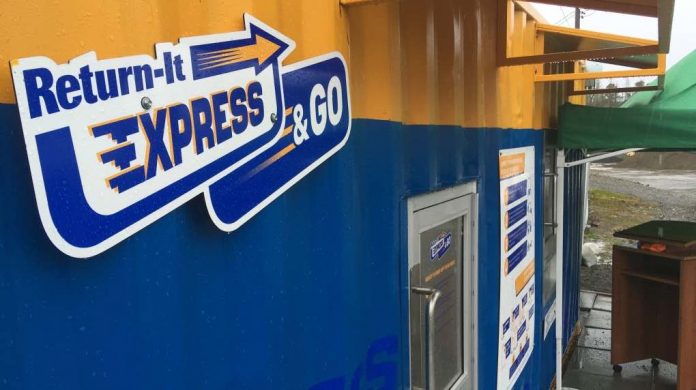Electric-vehicle batteries, mattresses, single-use fuel canisters, fire extinguishers and more electronic products such as solar panels and e-cigarettes are going to be added to the province-wide recycling list.
The expanded list of recyclable items is part of a five-year plan to advance recycling in BC through the Recycling Regulation and the Extended Producer Responsibility (EPR) strategy.
The EPR strategy will introduce the requirement of producers to become responsible for the life cycle and costs of recycling their products.
George Heyman, minister of environment, explains that “expanding the number of recyclable products will mean convenient, free collection of those products and a cleaner environment.”
These changes will be phased in to give producers time to implement the new recycling systems.
The province has regulated the recycling of residential packaging, paper, beverage containers, some electronics, light bulbs, tires, oil, antifreeze and paint for over 15 years.
According to the statement, the EPR strategy recovers $46-million worth of materials annually and generates an estimated $500 million from recycling programs.
The strategy also reduces greenhouse gas emissions by more than 200,000 tonnes of carbon dioxide and collects approximately 315,000 tonnes of plastic each year.
Some other ways that the province is working to prevent waste and pollution include:
expanding the beverage container deposit-refund system to include milk and milk-alternative containers starting in February 2022
expanding the number of single-use products that can be recycled through industry-funded residential recycling programs, effective January 2023
empowering municipalities to enact their own bans of certain single-use plastics, without provincial approval, by amending a regulation under the Community Charter
working on the development of a legal framework to allow provincial bans on single-use items
supporting the largest shoreline cleanup in B.C.’s history through the Clean Coast, Clean Waters Initiative
partnering with the Canada Plastics Pact to collaborate with industry, government and non-profit organizations from the plastics sector to address plastic waste
































